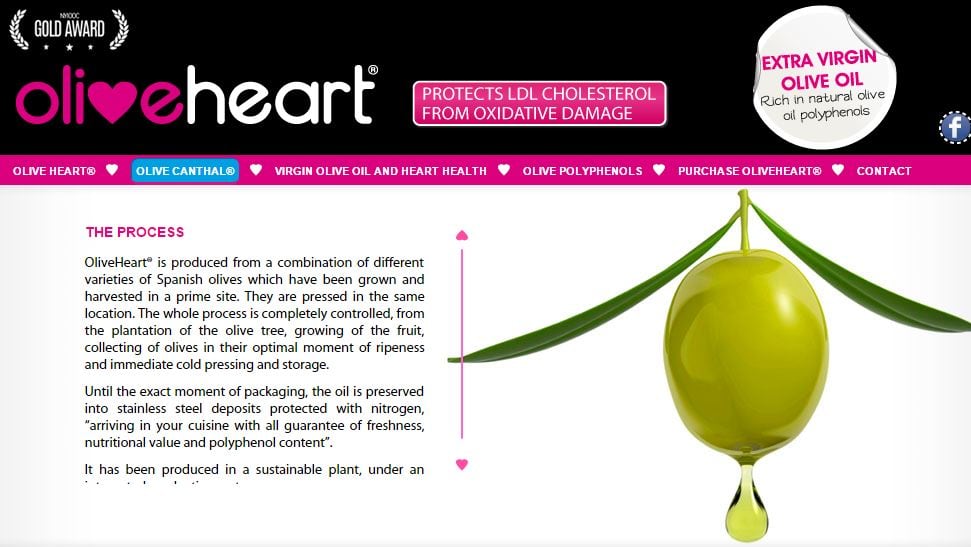The Spanish HQ’d Oleocanthal International Society (OIS) is comprised of scientists, nutritionists and players in the sector and research will look into brain health and inflammation. It has been set up as a non-profit organisation.
Other EVOO phenolic compounds like oleaceina will also be studied by the group that was formed in Greece in May.
A founding committee has been established consisting of Prokopios Magiatis, professor of the Faculty of Pharmacy of the University of Athens; Maureen O'Leary, PhD, of the Monell Center in Philadelphia; and Dr. José Amérigo, president of the Oleocanthal Society of Andalusia (OSA), who instigated the project.
Other members include professor Gary Beauchamp, also of the Monell Center, professor Paul Breslin, from Rutgers University in New York and professor Eleni Meillu, from the University of Athens.
“Last year I created the OSA for this purpose and invited Gary Beauchamp to our inaugural event where we met for the first time,” Amerigo told Olive Oil Times.
“OIS, however, is a distinct and separate international multidisciplinary society with members with diverse interests in the field of research, gastronomy, and media. Our goal is to expand interdisciplinary collaboration and information exchange in the field of olive research…via a website, press releases, special events, videos and podcasts.”
There is no EU health claim for oleocanthal although a claim exists for another olive oil polyphenol – hydroxytyrosol – to protect LDL (low-density lipoprotein) particles from oxidative damage at 5 mg of hydroxytyrosol per day.
Jeronimo Diaz, one of the founders of Genosa, a Spanish firm specialising in hydroxytyrosol, started Olive Innovations in 2012, with the aim of commercialising an oleocanthal-rich oil called OliveCanthal.

It also put a healthy olive oil on market called OliveHeart that has been using the hydroxytyrosol claim and being sold in Japan, Germany, Spain, South Africa, with expansión into Scandinavia, the UK and the US planned.
“I think Genosa has done a lot for promoting the olive oil world in the last years,” Diaz told us. “But in 2012 I decided to focus on improving extra virgin olive oil quality in terms of health properties, and specifically procuring a natural increase in their natural polyphenols.”
He said, in olive breeding terms, it meant sacrificing taste considerations “because you need to harvest in advance” to deliver boosted oleocanthal content.
Diaz added: “I would be willing to collaborate with the OIS that has been created and contribute to think about the best lines of research. I consider it a great initiative.”
Another project, a €1m, 3-year German research initiative called NeurOliv is investigating polyphenols in olives
Lead researcher Dr Gunter Eckert from Goethe University Frankfurt, previously told NutraIngredients the project will build on his previous research which tested extracts from olive-mill waste water and found them to be high in different polyphenols including hydroxytyrosol.
